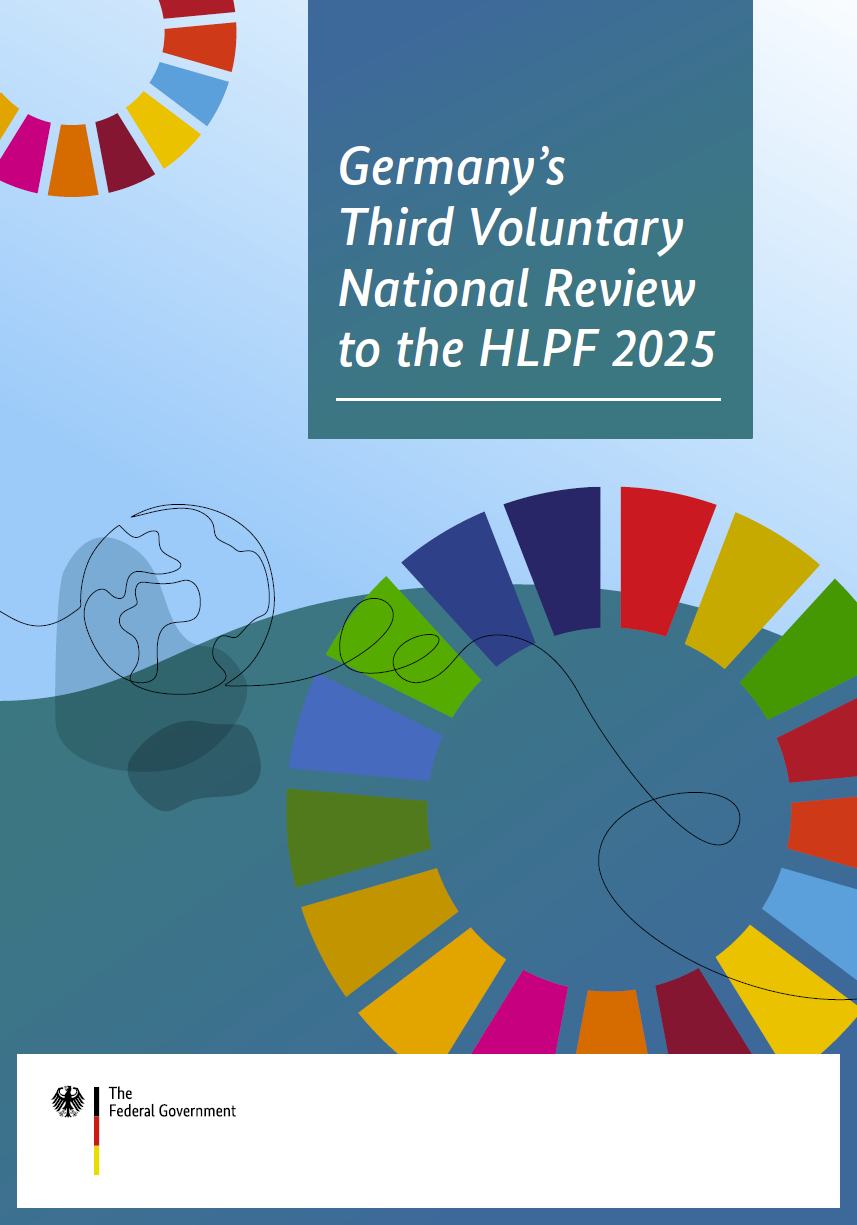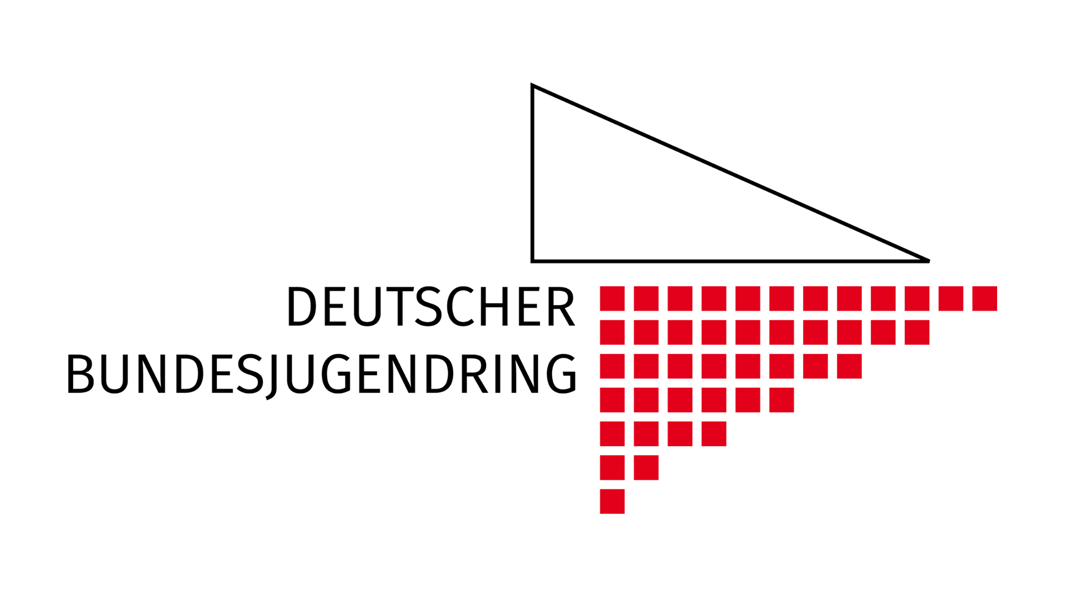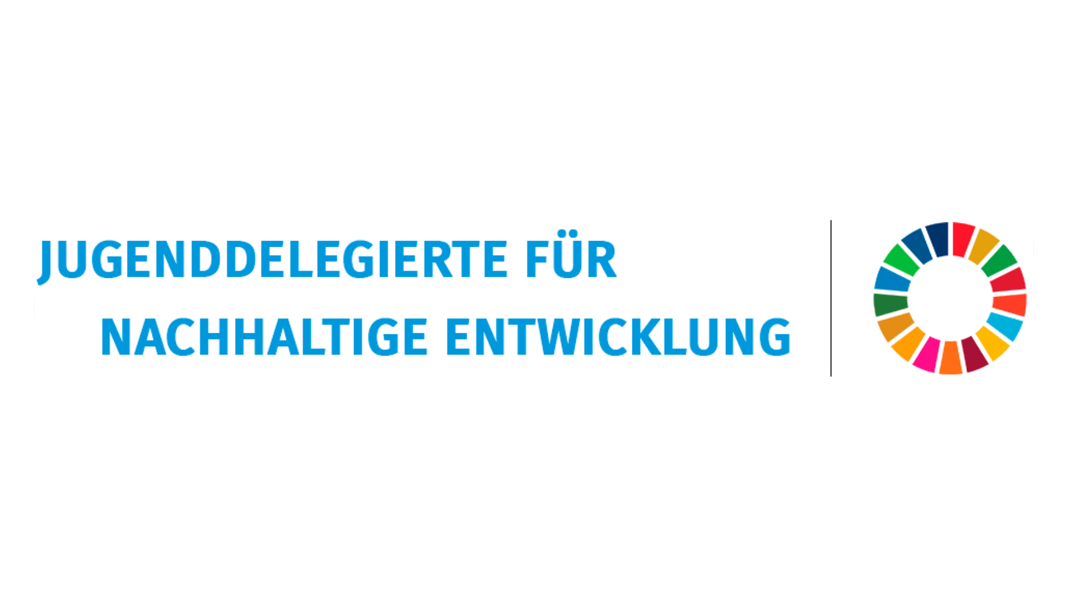VNR 2025 Joint contribution by the German Federal Youth Council, the UN Youth Delegates for Sustainable Development and Greenpeace Germany contributed to Germany’s Third Voluntary National Review (VNR) to the HLPF 2025, with the involvement of various youth participation bodies and delegate programmes
Youth participation is a right; it strengthens the legitimacy of political processes and supports implementation of the 2030 Agenda. Youth participation should not just be symbolic and lead to co-optation or youth-washing. The young generation must have the chance to truly influence decision-making. It is important to involve young people particularly in the settings in which they operate. Specific guidelines must be put in place for systematic youth participation and consideration of intersectionality. Marginalised young people are generally structurally excluded, globally and in Germany. That makes it important to have accessible and inclusive forms of participation so that all young people are able to have a voice. The emancipation of the younger generation is vital in accelerating implementation of the 2030 Agenda. Youth participation boosts the impact because young people in particular can provide fresh viewpoints and a desire for change.
Education and research play a key role in implementation of the SDGs. They strengthen people’s capacity to develop resilience and find solutions that can be applied to an increasingly complex world. Education and research are vital as a basis for sustainable transformation processes that will lead to a liveable future. The links between SDGs 4, 5, 13 and 16 must also be strengthened in order to enhance their impact. By, for example, supporting education programmes for women in girls in rural regions that are under threat from climate change, it is possible to pursue an integrated approach that tackles all four of those SDGs. Civil society is crucial for the achievement of the SDG targets. It must be strengthened through adequate resourcing and effective participation. The cutting of the development budget in Germany and internationally is a cause for concern. The budget should not drop below 0.7 per cent of GNI. It is our common future that is at stake, on the only planet that all humans have.
To speed up implementation of the SDGs, there need to be strategies, methods and resources in place for effective youth participation. There is also a need to showcase examples from other countries and regions showing how young people there are actively contributing to their country’s VNR efforts. To answer this question, the international views of young people from countries such as Uganda and Kenya were sought. They emphasised that more South-North partnerships were needed that focus on innovation, technology transfer and capacity building for youth-led initiatives. The international dialogue between youth organisations is fuelling progress. One good example of this is the Children and Youth Group associated with the UN Environment Programme. It brings together young people from the Global North and Global South to work together on various aspects of sustainable development. Young people are drivers of change and upholders of peace. Youth participation also strengthens implementation of Youth, Peace and Security (YPS) resolutions and Women, Peace and Security (WPS) resolutions. These resolutions must be strengthened and funding made available for their global implementation. Successful SDG implementation will require inclusive decision-making, prioritisation, policy coherence, resource mobilisation, transparency and innovation. The 2030 Agenda requires a dialogue between nations. Often, the views of young people are not reflected in this, even though those views allow capacity building that is both sustainable and valuable in terms of content. That is why the German Sustainable Development Strategy should draw in particular on the input of young people from the most vulnerable regions. It would be helpful to gain their point of view and would embody the principle of “leave no one behind”.
It can be concluded that, without incorporating the viewpoints of young people, national and international plans to implement the 2030 Agenda risk being incomplete and ineffective. Young people are not only the beneficiaries but also actively contribute to sustainable development. If they were left out, it would leave a major gap in areas like innovation, social inclusion and grass-roots mobilisation. Their participation is vital to achieving sustainable solutions and a successful future.
This statement was drafted jointly by the German Federal Youth Council, the UN Youth Delegates for Sustainable Development and Greenpeace Germany with the involvement of various youth participation bodies (Coordination Office for Youth Participation in Climate Policy, Youth working group on foreign climate policy, youpaN) and delegate programmes (young delegates from NAJU (Youth Association for the Protection of Nature) to the UN Biodiversity Conference (COP16) and the Children and Youth Major Group to the UN Environment Programme, for example a sustainability activist from Kenya).



